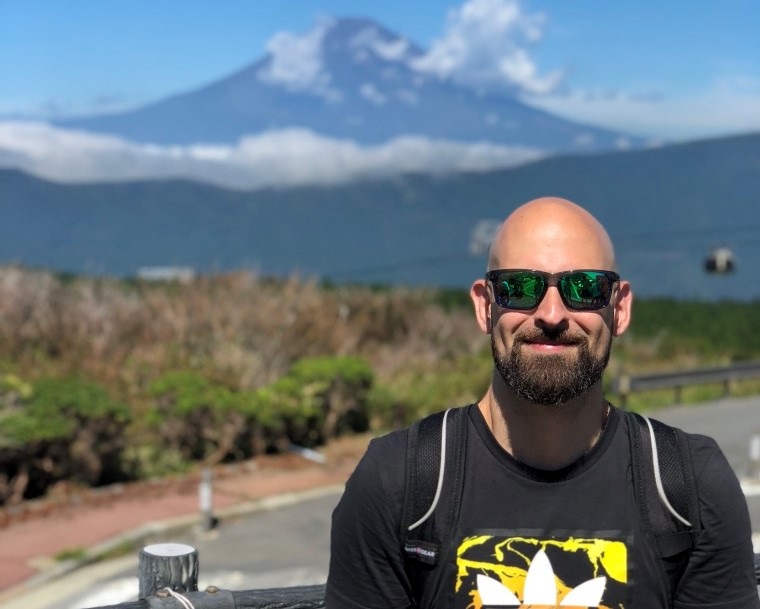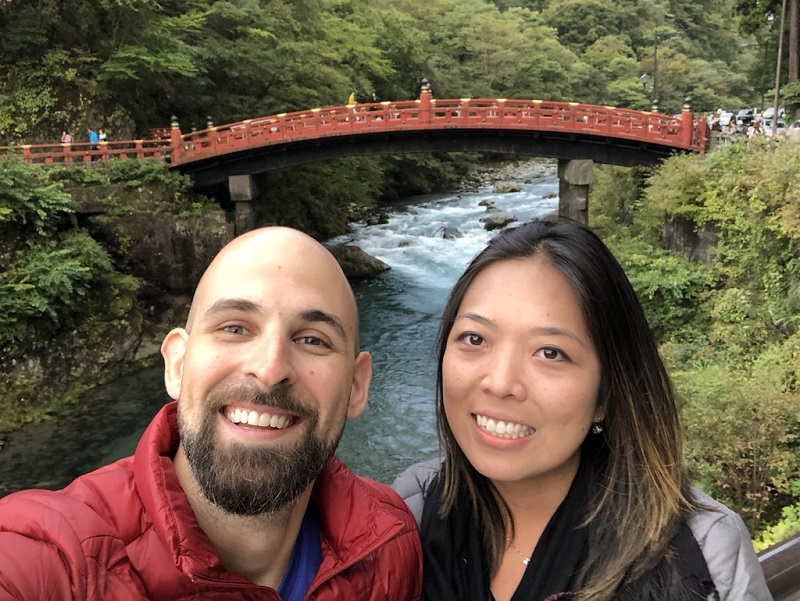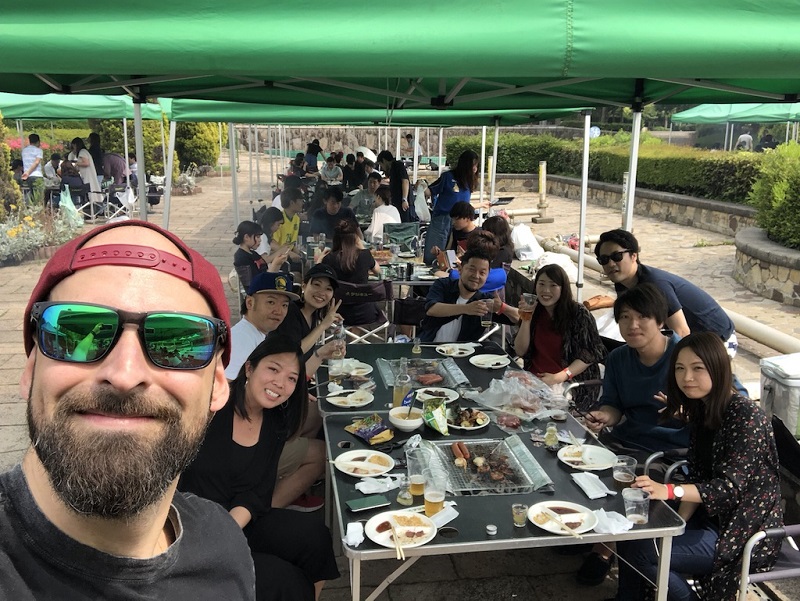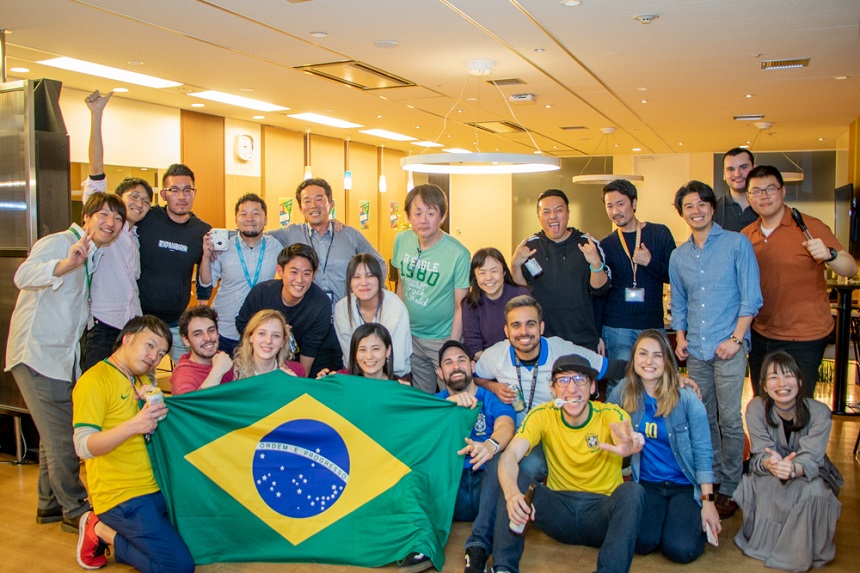I Lived in Japan!
HOW DID I END UP IN JAPAN?
For those who have come to Japan on vacations, this title might seem silly. So what?
Well, living isn’t like taking vacations. Not at all. Especially when you talk about Japan and Brazil, two completely opposite countries (in every aspect).
Let me start with how I ended up here. In early 2018, my wife had an offer to come to Tokyo as an expat. We were both working at big corporations in São Paulo and had no plans to live abroad anytime soon. In fact, the plan was to have a baby in 2018.
As surprising as it was for us, the decision of moving was quite easy: all the support from Anny’s company (my wife), new cultural experience, new language to learn, a huge step into Anny’s career and a fresh start for myself to choose whatever I wanted to choose.
ADAPTATION IS NEVER EASY

We arrived in Tokyo in June, 2018. Our welcome couldn’t be warmer, peak of summer, with temperatures around 32 degrees Celsius, feeling like 40 with 80% humidity. I’ve never experienced such a humid climate in my life, it feels like you are taking a shower 24/7.
Ok, the next steps were finding our apartment, understand how things worked inside it (the apartment had 300 buttons, everywhere), checking the neighborhood, bills, gym, train, supermarket, etc. That’s when the barriers appear.
Adapting to a new place is never easy. When we talk about adapting in Japan, you multiply the challenge by 10. Few people speak English, and some places do not have instructions or guidance in Roman alphabet; therefore, communication sometimes becomes impossible. Simple tasks like hiring a phone plan or gym, or even going to a restaurant are no longer simple. And since I wasn’t working, there was no one to help me with. The feeling of being illiterate is just terrible.
That was my life for the first 7 months, trying to solve simple (not so simple) problems, studying Japanese every day like high school and being a full-time husband as my main job (which is kind of cool actually!).
I FINALLY HAD TIME FOR MYSELF

Also, I had time (a lot by the way) to invest in all the hobbies I had or wanted to have in the past. I bought a skateboard (which, by the way, was forbidden to ride in my neighborhood), a snowboard, DJ gear and keyboard. I played soccer at Yoyogi park at 3:00 pm, went to the gym every single day, and I memorized exactly the best day and time to buy discounted groceries at the supermarket near my house (Wednesday, 5:30 pm). This last amazing skill, you only develop by working as a full-time husband, sorry!
Sure, I wanted to get a job, but I didn’t expect to find one here. As much as I have experience, without Japanese business proficiency, the odds are close to 0. And honestly, I was really fine with that, my goal on this journey was to support my wife 100% on her needs. That was her professional moment, not mine. But someone knew someone, who knew someone, I got an interview, they liked me, I liked them, and what wasn’t expected happened: I got a job. And so my promising career as a professional husband came to an end.
END OF AN ERA: FROM HOUSE HUSBAND TO FORMAL WORKER

New job. Different environment. Nobody knows you. My new fresh start has happened! But, along with that, I had to prove who I was, what I did before, my experience and how I could be useful to them. Sounds reasonable if you are in your country, but as a foreigner there’s no free lunch.
From my point of view, I set as my personal goal that I would learn as much as possible, about Japanese culture, workplace, IT world, new responsibilities, everything.
Here in ISAO, we have Super Flat Organization (バリフラット = very flat in Japanese), which means an organization with no hierarchy, no job title, no divisions and no layers. This was new for me, I always worked in traditional hierarchy models. And I can say this system really works! Plus, flexible and modern policies such as attendance by smartphone (using QR codes), free seating workplace and all communication by internal social media surprised me greatly, considering that Japan has one of the most traditional work environments in the world.
My last 11 months working in ISAO have gone 100 times faster than my first 7 months of adaptation in Japan. I feel I’ve known everyone here for years. I was respected and I could give opinions. I had chance to develop new business and ideas. I went to business trips to other countries to show ISAO to the world. I had all support I could ask for, and the most important: I was treated as one of them! Of course, communication gaps still exist, there’s no place in the world without it. But what I liked the most here is that people are in the first place. And all this combined made me not just a better professional, but a better human being.
We (me and ISAO) got along so well, that I will continue working from Brazil as the first foreigner to do so. I’m proud of myself and feeling lucky at the same time. No words to thank everyone. This might be the biggest professional challenge of my life, and I will make every effort to achieve success. What was my wife’s professional moment, also became mine.
WORTH IT? OF COURSE YES!




To conclude, after one and a half year living here, I realized both countries Brazil and Japan, with such a huge culture difference and far apart, have amazing and complicated aspects, bad and wonderful people, problems and solutions. Up to you how to face diversity. Living in Japan brought me tons of experience, far beyond expectations. The 40 hours door to door distance away from your family and friends sometimes hurts a lot, but it’s part of the game, right? This kind of thing crafts a shell on you that gets stronger and stronger.
If you want an advice, go live in a country on the opposite side of your hometown for a year. I bet you will agree with me.
See you in Brazil!
Até logo!
Sayonara!
またね!


